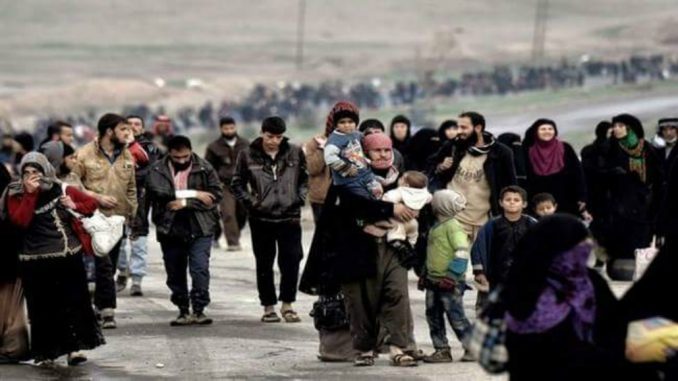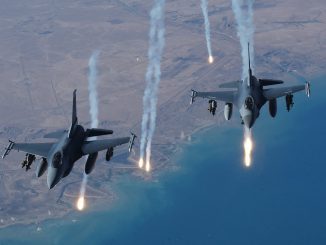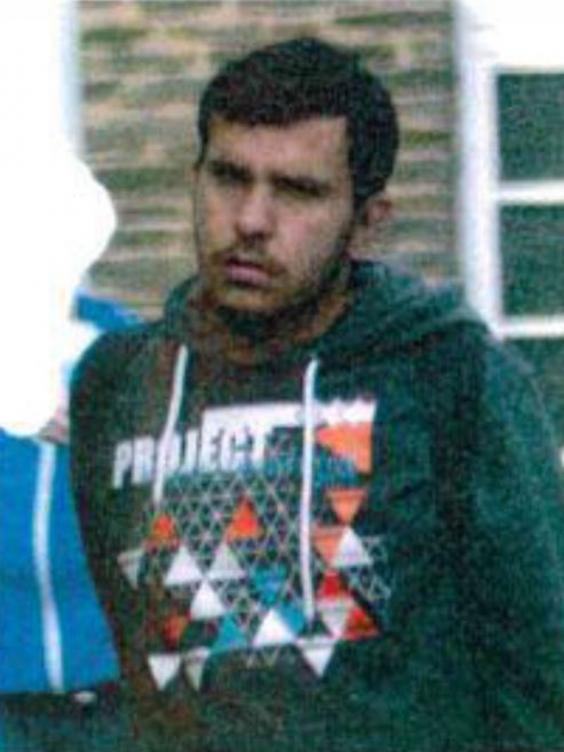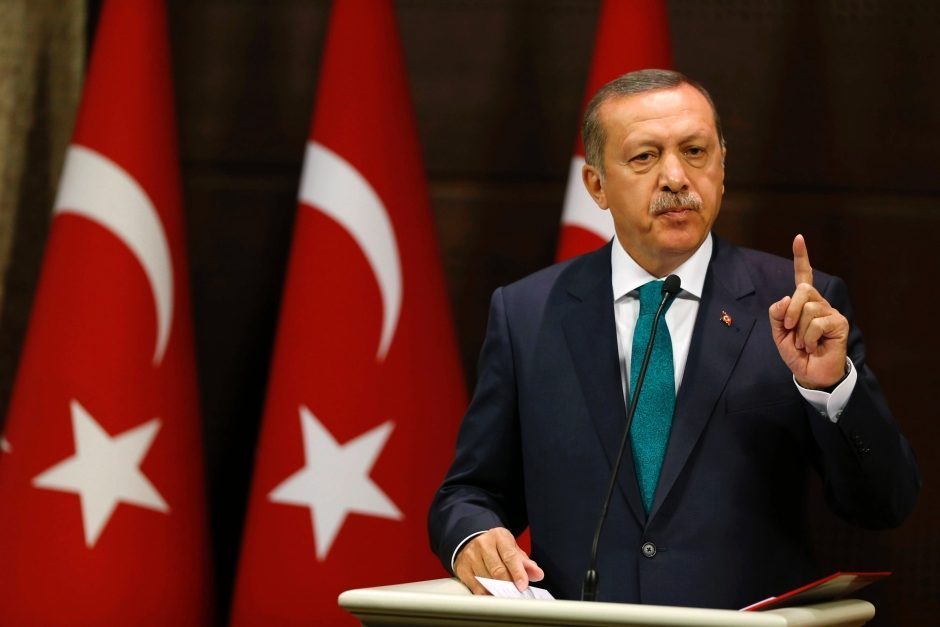Save the Children, which spoke to a 17-year-old Iraqi who gave birth as she fled fighting and another teenager who gave birth while trapped inside her home in Mosul, said there could be much more such cases.
It warned of dire health consequences for mothers and newborns.
“Some could die simply because of lack of food, lack of clothes, and lack of hygiene,” Save the Children’s Deputy Country Director for Iraq, Aram Shakaram, told the Thomson Reuters Foundation by phone from Irbil. Seventeen-year-old Rehab, who gave birth in an abandoned building, told the charity she went into labor on the road.
“I was very scared for me and my baby, but my mother and another older woman helped me. It was very quick, maybe just 15 minutes,” Save the Children quoted her as saying.
“We rested for about another 30 minutes and then we started running again.”
The aid agency said the other young mother, 15-year-old Reem, was in labor for more than two days, trapped in her home in western Mosul. After regaining her strength from giving birth, she also fled with other members of her family.
Both families were able to get to Hamam Al-Alil camp, about 20 km south of Mosul where 242,000 people have been registered since the offensive started, Save the Children said.
Desperate medical conditions
The harsh military operations and the use of extreme firepower had a huge toll on the civilians’ lives as many civilians were seriously injured or lost parts of their bodies to be handicapped for the rest of their lives.
Lying in a hospital bed, Iraqi student Ahmed Khalaf is close to despair after having lost a leg when rocket shrapnel hit him as he ran for his life from Islamic State (IS) militants in Mosul.
“Be strong, Ahmed, and have no fear,” psychotherapist Karam Saad advises the 20-year-old Khalaf as he relates how his family had just set out from home to escape western Mosul’s war zone three weeks ago, only for the rocket to crash nearby.
Khalaf is in now in a hospital south of Mosul but has lost contact with his father and brother, who were seriously wounded in the March 19 incident. The father and brother are in intensive care in different clinics in Erbil in the relatively peaceful Kurdish autonomous region 80 km (50 miles) from Mosul.
Khalaf is struggling to come to terms with the fact doctors had to amputate his right leg above the knee. He was offered trauma support, something unusual in deeply conservative and religious Iraq, to help him cope with his new disability.
“The psychological sessions have helped me but these thoughts keep coming back about what has happened to me, to my father and brother. They keep coming and coming,” Khalaf tells the psychotherapist.
“I can’t think of my future right now. But, God willing, I can resume my life, continue my school studies.”
The humanitarian group Handicap International has given counselling to Khalaf and more than 5,300 other displaced people from Mosul. It has also provided physical rehabilitation to almost 1,200 badly wounded people including amputees.
But with the battle entering its seventh month and around 400,000 civilians still trapped in the militants’ fiercely defended last urban bastion in Iraq – Mosul’s labyrinthine Old City, this is just the start.
“Facing a crisis of such scale, the humanitarian organisations may have difficulties in responding to all the needs,” said Marlene Sigonney, the group’s spokeswoman.
The idea of psychotherapy is relatively new in Iraq, where as in other conservative Arab countries people with emotional problems tend to seek help in a mosque or church, not a clinic.
“In Iraqi society, people are reluctant to deal with psychological issues,” said Saad, who graduated from Mosul University before Islamic State overran the city. “They accept treatment only for the worst mental cases.”
Apart from suffering from trauma, Iraqis who have lost legs or arms in war zones also struggle to get artificial limbs. At a specialist centre run by the International Committee for the Red Cross in Erbil, patients must wait two months for treatment.
The Erbil clinic is trying to recruit more specialists to help cope with an overflow of 210 cases from war-torn Nineveh province, of which Mosul is the regional capital.
One of those learning to walk again is Ahmed Ammar, a car mechanic and father of five who ran a garage in western Mosul.
“I opened the yard door and an IED (improvised explosive device) exploded,” he said as he practiced with his new prosthetic leg at the Erbil hospital.
“They cut off my leg from the ankle and fitted a prosthetic leg but then I got gangrene and they cut off my leg further from the knee (down). Islamic State planted the device. They took my leg.”




